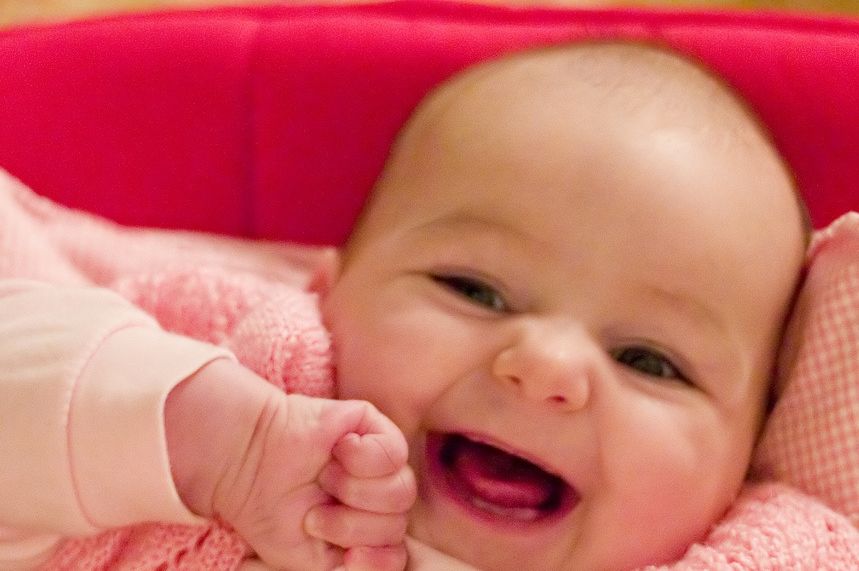What's your name? This is one of the first questions people ask, and usually one of the first things you learn about someone. We make our first impressions in the first 7 seconds of meeting someone, and their name is often part of this interaction. Now, what does that have to do with anything? Does being named Charles make a difference as opposed to Francis? How about Gertrude as opposed to Mary? We all have associations with names, and our own names are no exception.
According to a BBC article, "It is thought that our identity is partly shaped by the way we are treated by other people - a concept psychologists call the "looking-glass self" - and our name has the potential to color our interactions with society." For anyone with a unique or uncommon name this is very true, or even those with common names that have been popularized through television shows, movies, or even YouTube videos. Take my name for example. My name is Denise, and prior to the Key and Peele substitute teacher video, this wasn't a big deal.
Now, people still occasionally tease me by calling me "Dee-nice". Luckily, I already view myself as a source of humor, so being teased isn't an issue. Children growing up with difficult names become accustomed to explaining their names, and this can be a source of positive growth that leads them to succeed in life. It can also have negative results though. The BBC article goes on to say that the effect of a name on its owner has more to do with being raised by parents who would choose the name.
This leads to family heritage and how we are raised. According to a study by economist Gregory Clark, an Eleanor is 100 times more likely to go to Oxford than a Jade. This was based on a study of the names of 14,449 freshman students at Oxford between 2008-2013. Now, the name Eleanor does not have some magical quality that Jade doesn't. It is far more connected to the popularity of those names among different social classes. Social class influences resources and opportunities, and the names of those within those classes reflect that.
So, our parent's choice of name for us is more of a reflection on what opportunities are available to us in life, and people treat us differently based on our names, which influences how we see ourselves. That's not all though. According to a Psychology Today article, our names influence our decisions. Basically, we appear to have an unconscious tendency to choose names similar to our own in some way. Whether it is in romantic partners, presidential candidates, or brands, we like names that share letters with our own. This could be the result of a tendency to view things connected to us as positive, or our tendency to group "like things" together. Humans like to group things, and names are no exceptions. Someone named Dennis, according to this article, is more likely to be a dentist than a Greg, and vote for Donald than Greg. Now, this doesn't mean our names have any real bearing on our decision making. If we are on the edge though, our affinity for names similar to our own just might tip the scales.
Now, what does this all mean for us? Well, if you're having a child, think carefully about your name choice. It will impact them in life, and sometimes in ways, you may not intend, such as in the case of my name and the substitute teacher video. If you're not expecting a child, perhaps this can provide insight into your life and why you are where you are today. When all is said and done, perhaps it's best to listen to Shakespeare, who reminds us that "a rose by any other name would smell as sweet".
















